Inflation and interest rates shape the economy, influencing purchasing power, investments, and financial stability. Policymakers, economists, and investors have long debated their relationship. This article explores inflation and interest rates, their effects, and insightful quotes about inflation and interest rates from notable figures to shed light on these crucial financial concepts.
Table of Contents
Understanding Inflation and Interest Rates
Before diving into the key quotes, let us clarify the difference between these two economic forces:
- Inflation refers to the rising prices of goods and services over time, which reduces the purchasing power of money.
- Interest rates are the cost of borrowing money or the return on savings, typically set by central banks to regulate economic growth and inflation.
What Is the Connection Between Interest Rates and Inflation?
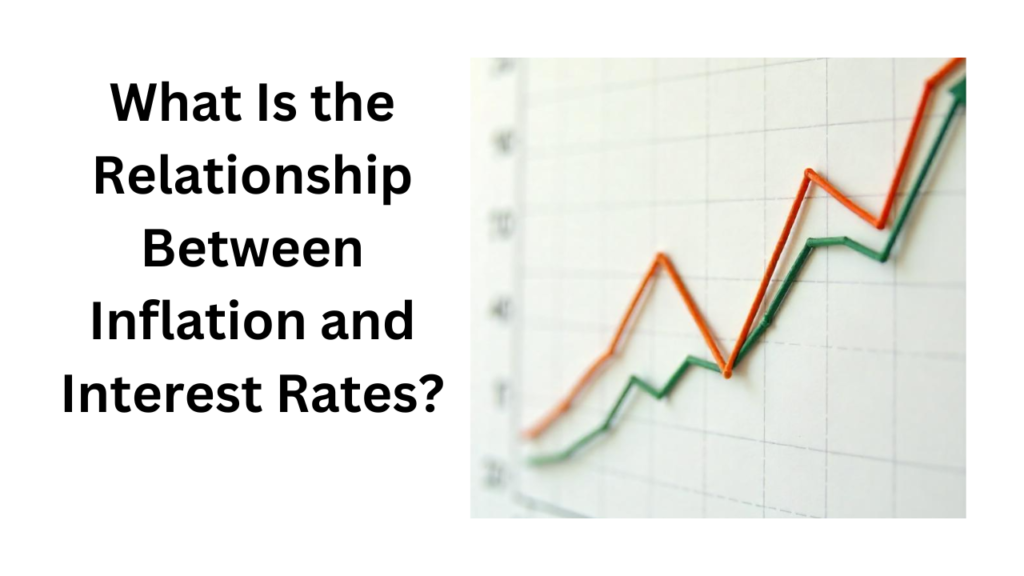
Interest rates and inflation have a complicated relationship. Generally, when inflation rises, central banks increase interest rates to slow down excessive spending and borrowing. Conversely, when inflation is low, interest rates may be lowered to stimulate economic growth.
Famous Quotes About Inflation and Interest Rates
Notable economists and leaders have shared their perspectives on inflation and interest rates over the years:
- Warren Buffett: “The bond investor is duped by inflation. It defrauds practically everyone, including those who store their money under their mattresses.
- Ronald Reagan: “Inflation is as lethal as a hit man, as deadly as a robber with an armed weapon, and as violent as a robber“.
- Dwight D. Eisenhower: “Every American household would have to deal with rising living expenses, inflation, and the depletion of life insurance and savings in the absence of a strong dollar”.
- John Maynard Keynes: “Governments are able to steal a significant portion of their populations’ wealth through a continuous inflation process“.
These insights reflect the far-reaching effects of inflation and interest rates on economies and individuals.
Historical Perspective: Jimmy Carter, Inflation, and Interest Rates
The 1970s inflation crisis during the Jimmy Carter administration serves as a significant case study. Inflation soared to over 14%, forcing the Federal Reserve, led by Paul Volcker, to raise interest rates to a historic 20% in 1981 to curb inflation. While this move eventually stabilized the economy, it also led to a sharp recession.
Key Lessons from the 1970s Inflation
- High inflation leads to aggressive interest rate hikes.
- Raising interest rates helps control inflation but may slow economic growth.
- A stable monetary policy is crucial for long-term financial stability.
How Interest Rates and Inflation Impact the Economy
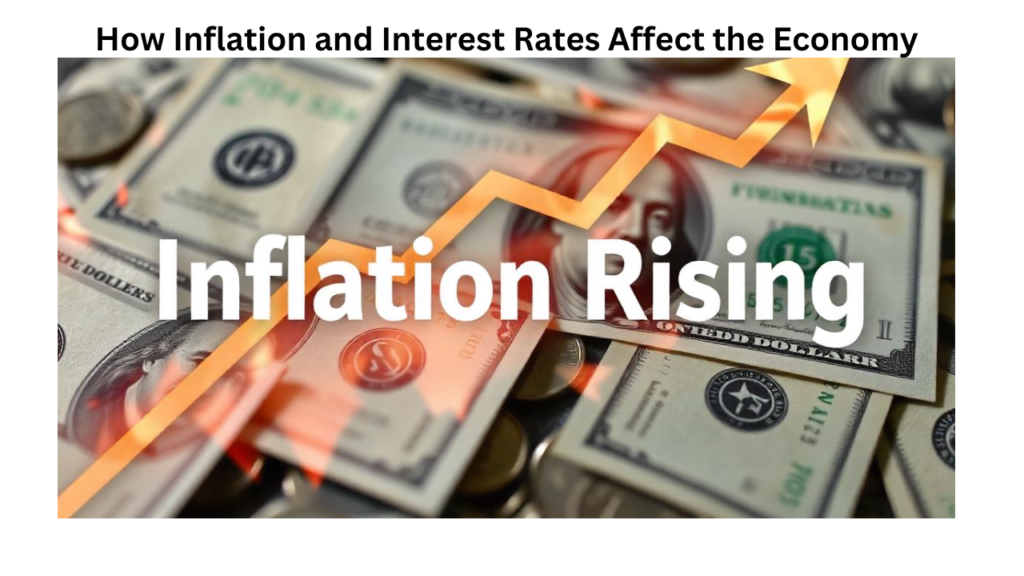
Impact on Consumers
- Higher inflation erodes purchasing power, making essentials more expensive.
- Rising interest rates increase borrowing costs, discouraging large purchases like homes and cars.
Impact on Investments
- Bonds: Rising interest rates lower bond prices but increase yields.
- Stocks: can slow corporate growth, leading to stock market declines.
- Real Estate: Mortgage rates rise with increasing interest rates, making homes less affordable.
What Impact Do Increasing Interest Rates and Inflation Have on Pension Funds?
Higher inflation reduces the real value of pension funds, especially those relying on fixed-income investments. Pension funds often diversify into assets like Treasury Inflation-Protected Securities (TIPS) to hedge against inflation risks.
Visualizing the Relationship: Inflation and Interest Rates Graphs & Diagrams
To better understand the relationship between inflation and interest rates, economic charts and inflation and interest rates graphs show:
- Higher inflation → Higher interest rates (to slow the economy)
- Lower inflation → Lower interest rates (to encourage spending)
If you’re looking for in-depth data, many relationship between inflation and interest rates PDFs from financial institutions provide further analysis.
Global Trends: US vs. Australia Inflation and Interest Rates
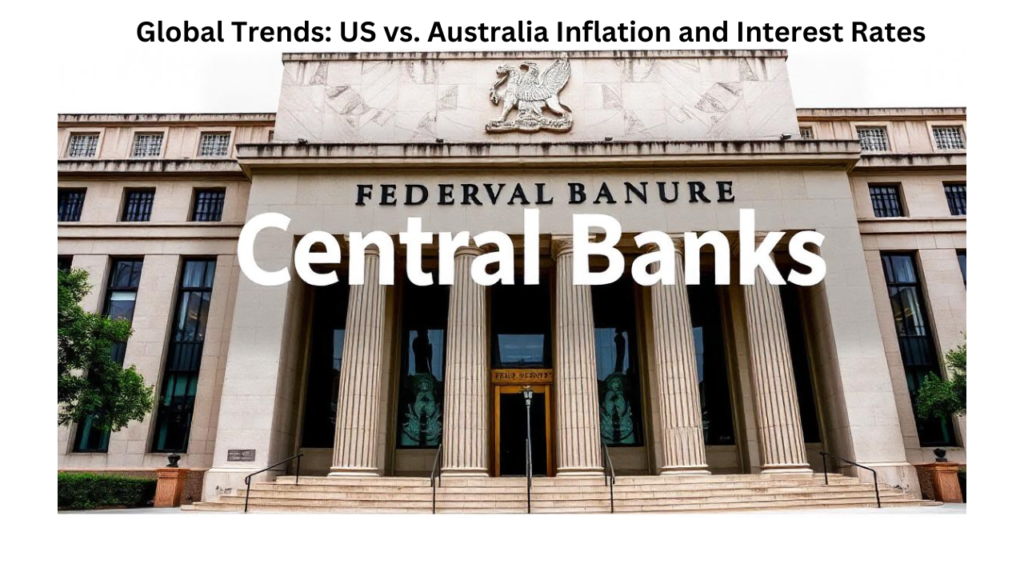
- US Inflation and Interest Rates: The Federal Reserve adjusts interest rates based on economic conditions, inflation trends, and employment data.
- Inflation and Interest Rates in Australia: The Reserve Bank of Australia (RBA) follows similar strategies but is influenced by commodity prices and global trade dynamics.
Are Inflation and Interest Rates Inversely Related?
In most cases, inflation and interest rates are inversely related—higher inflation leads to higher interest rates, while lower inflation results in lower interest rates.
Preparing for Inflation and Interest Rates to Rise Again
Many financial experts warn: “Get ready for inflation and interest rates to rise again” Factors such as supply chain disruptions, increased government spending, and global conflicts may drive another inflationary cycle.
How to Protect Your Finances
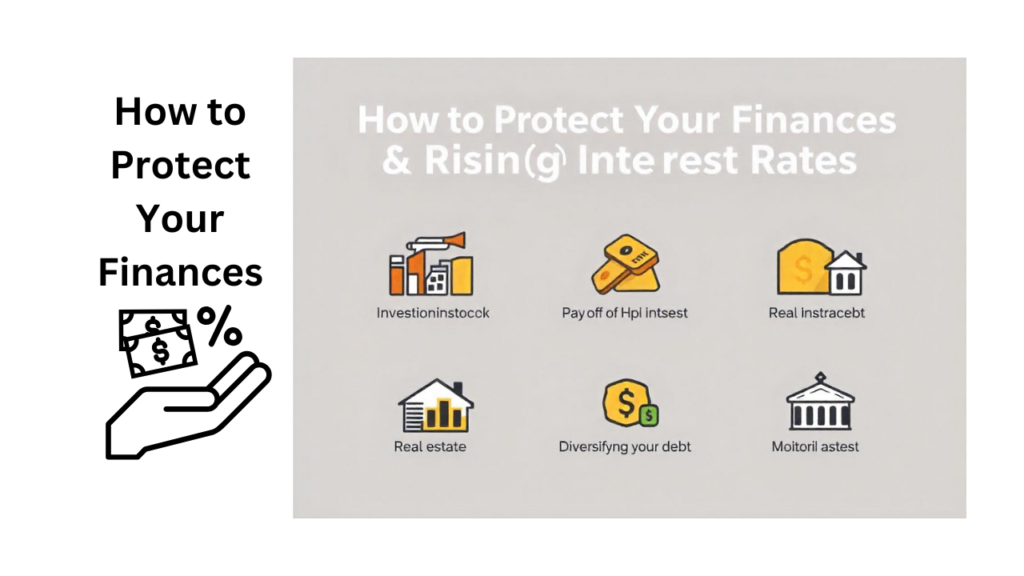
- Invest in Inflation-Protected Assets: Consider commodities, real estate, and inflation-linked bonds.
- Pay Off High-Interest Debt: Rising rates make debt more expensive over time.
- Stay Informed: Keep track of central bank policies and economic trends
- Diversify Your Portfolio: Holding a mix of assets reduces financial risk.
Strategies for Controlling Inflation
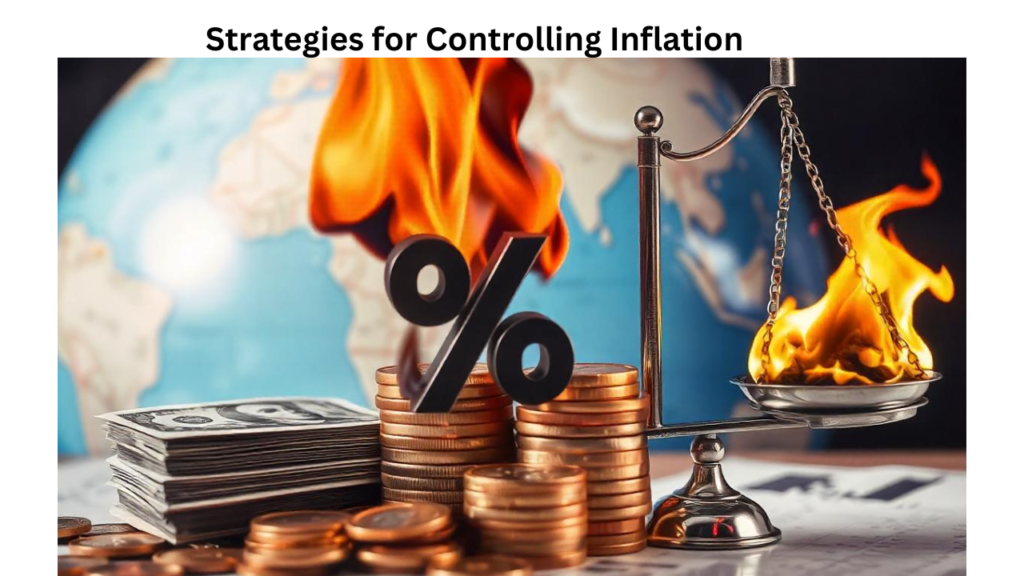
Monetary Policy
Central banks adjust interest rates and the money supply to regulate inflation. Raising interest rates makes borrowing more expensive, slowing inflation.
Fiscal Policy
Governments can control inflation by adjusting taxes and public spending. Higher taxes reduce disposable income, decreasing demand for goods and services.
Price Controls
Some governments implement price caps on essential goods to stabilize inflation, though this may lead to supply shortages and black markets.
Exchange Rate Management
A country’s central bank can influence inflation by adjusting the currency’s value against foreign currencies to control import and export prices.
Final Thoughts
The link between inflation and interest rates is vital for economic stability. Whether you are an investor, business owner, or consumer, understanding their relationship can help you make smarter financial decisions.
As Henry Hazlitt put it: “Inflation is a form of tax, a tax that we all collectively must pay.” Staying informed and planning is key to navigating changing economic conditions.
To know about more about “quotes about inflation and interest rates” please visit our side:-
Author: allykazmi